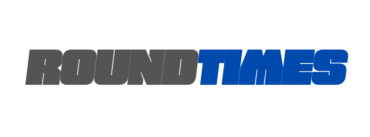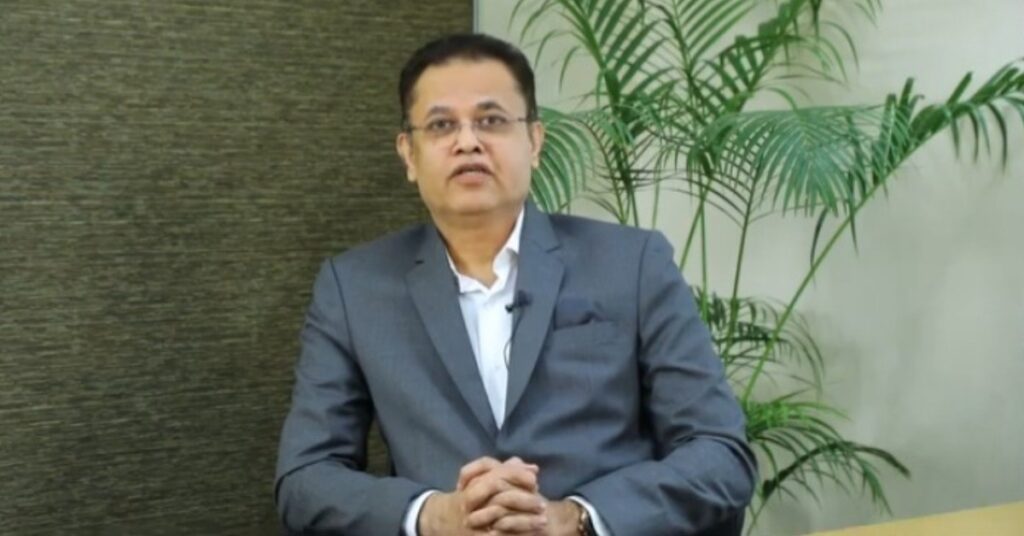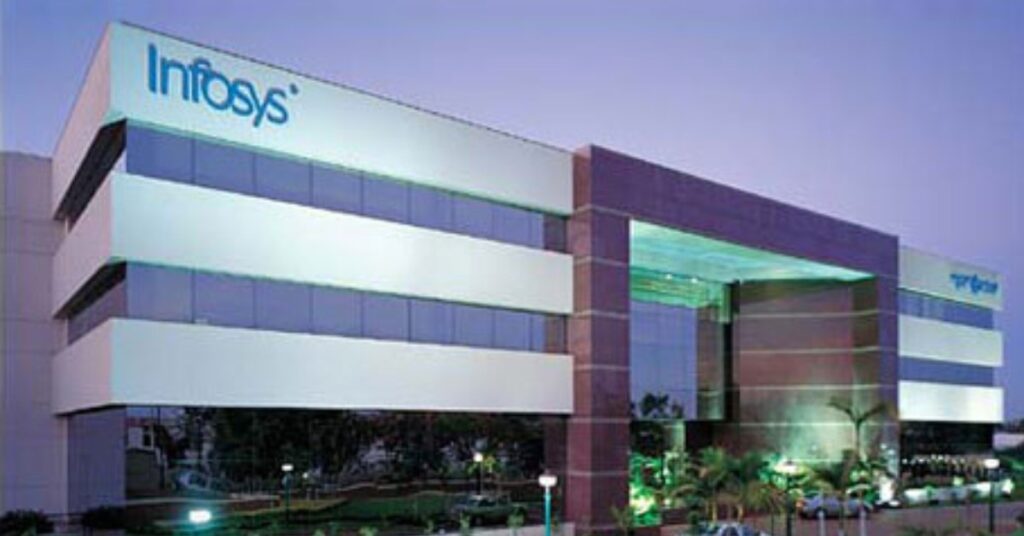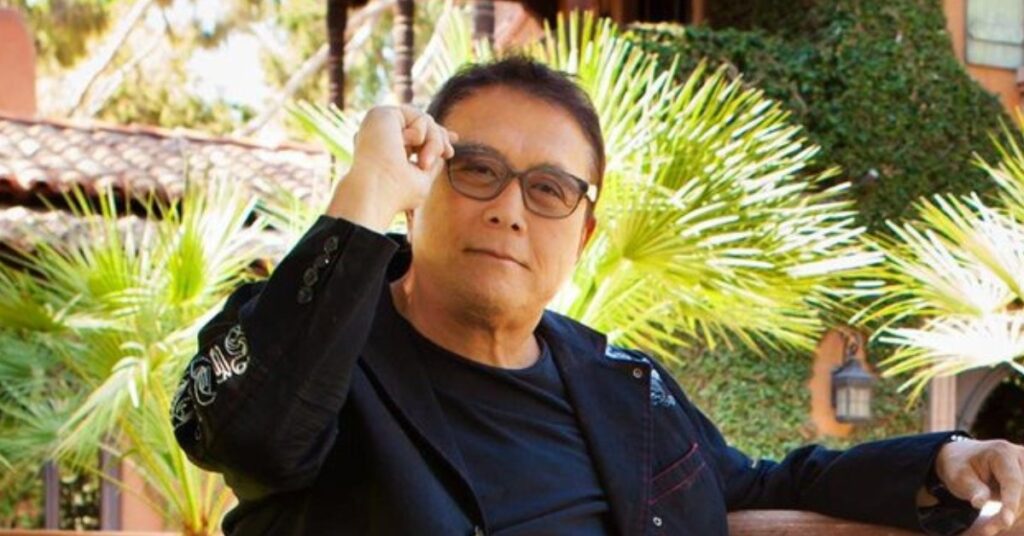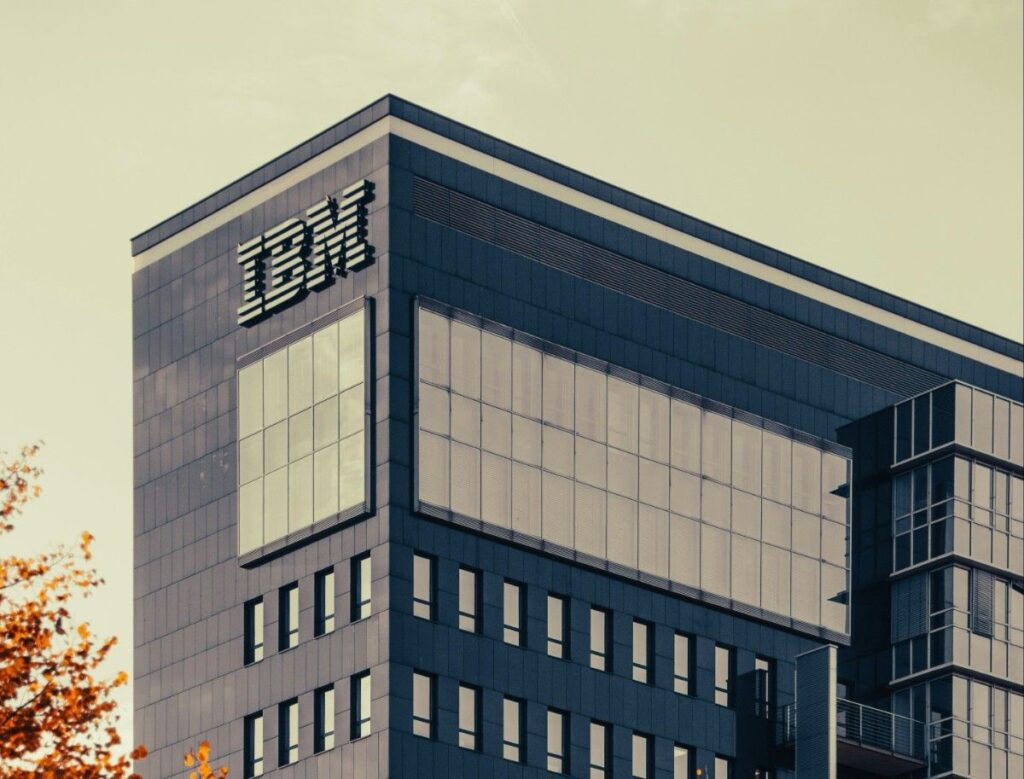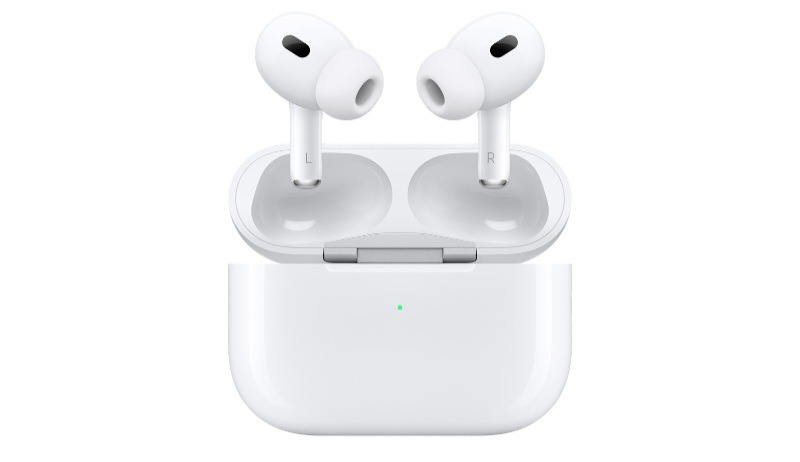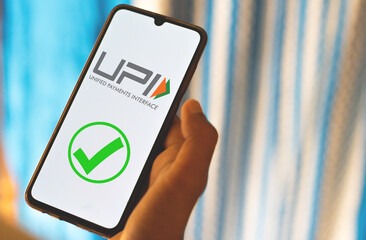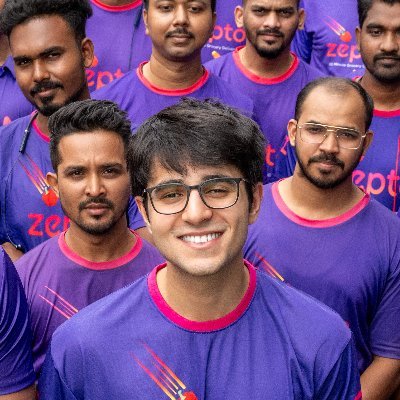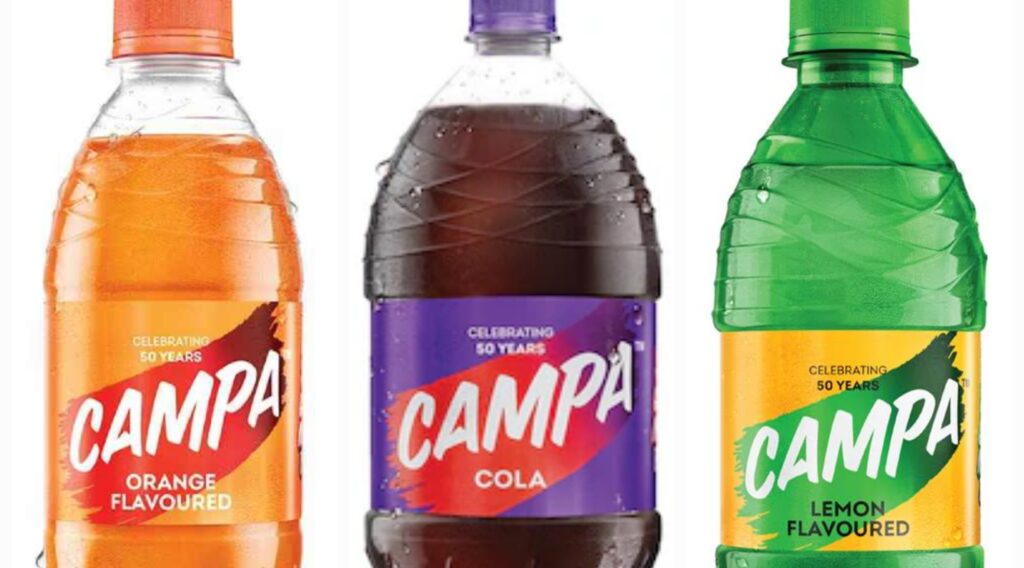
In a strategic move reminiscent of its disruptive entry into the telecom sector with Jio, Reliance Consumer Products Limited (RCPL), a subsidiary of Mukesh Ambani’s Reliance Industries, has revitalized the iconic Indian soft drink brand Campa Cola. This relaunch has significantly impacted the Indian beverage market, challenging established global players like Coca-Cola and PepsiCo.
Originally popular in the 1970s and 1980s, Campa Cola had faded from the market with the advent of international brands. RCPL acquired the brand in 2022 for ₹22 crore and reintroduced it with an aggressive pricing strategy, offering a 200ml bottle at just ₹10—half the price of comparable offerings from competitors. This pricing, coupled with higher retailer margins of 6–8%, has enabled Campa Cola to rapidly gain market share, particularly in price-sensitive urban and rural areas.
RCPL leveraged Reliance’s extensive distribution network, including Reliance Fresh, Smart Stores, and JioMart, to ensure widespread availability. Within 18 months of its relaunch, Campa Cola generated over ₹1,000 crore in revenue and captured more than a 10% market share in several states. This success has compelled competitors to reassess their pricing strategies, with companies like Tata Consumer Products acknowledging the disruptive impact and adjusting their prices accordingly.
Concurrently, global beverage giants are facing challenges beyond Indian borders. In response to the ongoing conflict in Gaza and perceived support for Israel, consumer boycotts have targeted brands like Coca-Cola, McDonald’s, and Starbucks, particularly in Middle Eastern countries. These boycotts have led to significant financial losses, with Starbucks experiencing an $11 billion drop in global sales and a 20% decline in share value. Alternative local brands, such as Gaza Cola and Chat Cola, have emerged, capitalizing on the demand for products not associated with the boycotted companies.
